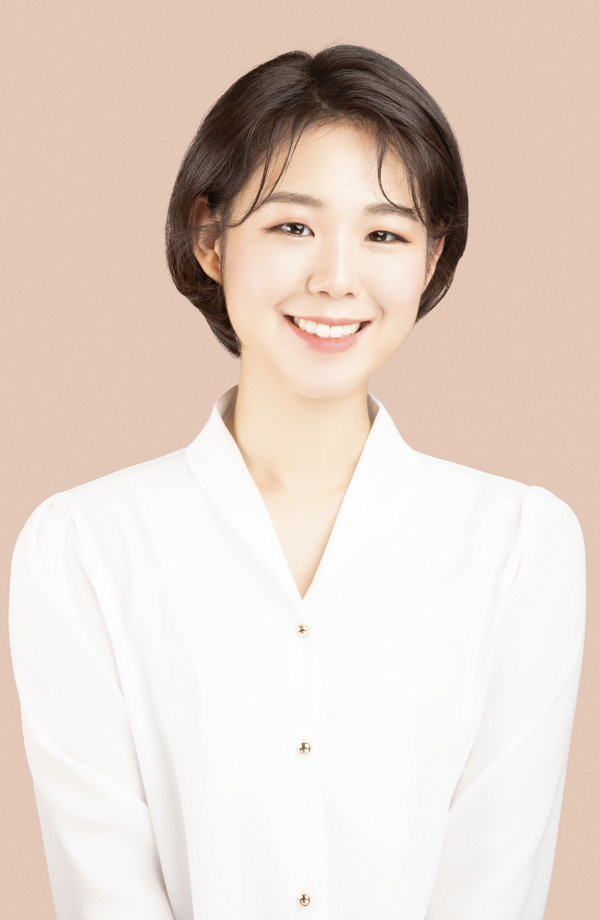Yuri Cho
Interviewed by Carey Sargent, EPFL, NCCR MARVEL in January 2022
Have you always been interested in science?
As a child, I was interested in various subjects such as history and art as well as science. I think my interest in science deepened when I was in high school. At the end of my freshman year, students had to decide which curriculum to take for the remaining two years: liberal arts or natural sciences. I wondered which one I would enjoy more (Now, I am 500% satisfied with the decision I made at the time). After choosing the natural sciences track, I studied science courses more intensively and enjoyed learning. I especially had keen interests in chemistry and biology. Since everything around us, including our bodies, is made of chemicals, it was fun to learn and understand the properties of matter and chemical and biological phenomena. I also admired scientists and researchers who explore and discover something in the unknown. This made me go to the University of Science and Technology.
How did you hear about the INSPIRE Potentials Program?
At the University of Basel, master students have to do two internships and I did my first one with Professor Anatole von Lilienfeld. He mentioned that there was this fellowship that I could apply for, and I was immediately interested.

What was the topic of your master’s project?
The topic of my master's project was the systematical expansion of molecular representations used as input for quantum machine learning (QML). QML refers to applying machine learning techniques to predict the quantum properties of molecules and materials. I was studying how representations impact the performance of QML models upon including higher-order contributions. I learned a lot from the project. It was interesting!
Do women face specific challenges in the sciences?
I haven’t met any difficulties yet as a student majoring in science because of my gender. However, female scientists and engineers are still under-represented in the fields of science and engineering – they are especially rare at high-level positions. During my undergraduate studies in Korea, there were no female professors in my department of Chemical Engineering. It was mostly the same at the company I worked for. Executives were all men, there were far more male researchers in the entire lab, and I was the only woman in the OLED device team. I think the lack of female role models, remaining gender stereotypes, and gender imbalance in the workplace are some of the challenges women face in pursuing careers in science and engineering, even though it's getting better.
Any advice for young girls interested in the field?
I believe knowing something truly comes from experience. Just try and experience whatever you are interested in. My early twenties have been a series of finding out what I don't like, what I do like, and what I want to do and be through various experiences. Personally, I believe knowing what you dislike is very important as much as realizing what you like. Reality may or may not be as much fun as you had imagined. If direct experience is not doable, it would be very great to meet and talk with people already involved in the fields you are interested in. Rather than worry, believe that you can do anything with courage, and experience it!
What are your plans for the future?
I recently started my PhD with Professor Clémence Corminboeuf’s group at EPFL last month. I will study and develop computational chemistry methods, combining quantum chemistry and machine learning.
